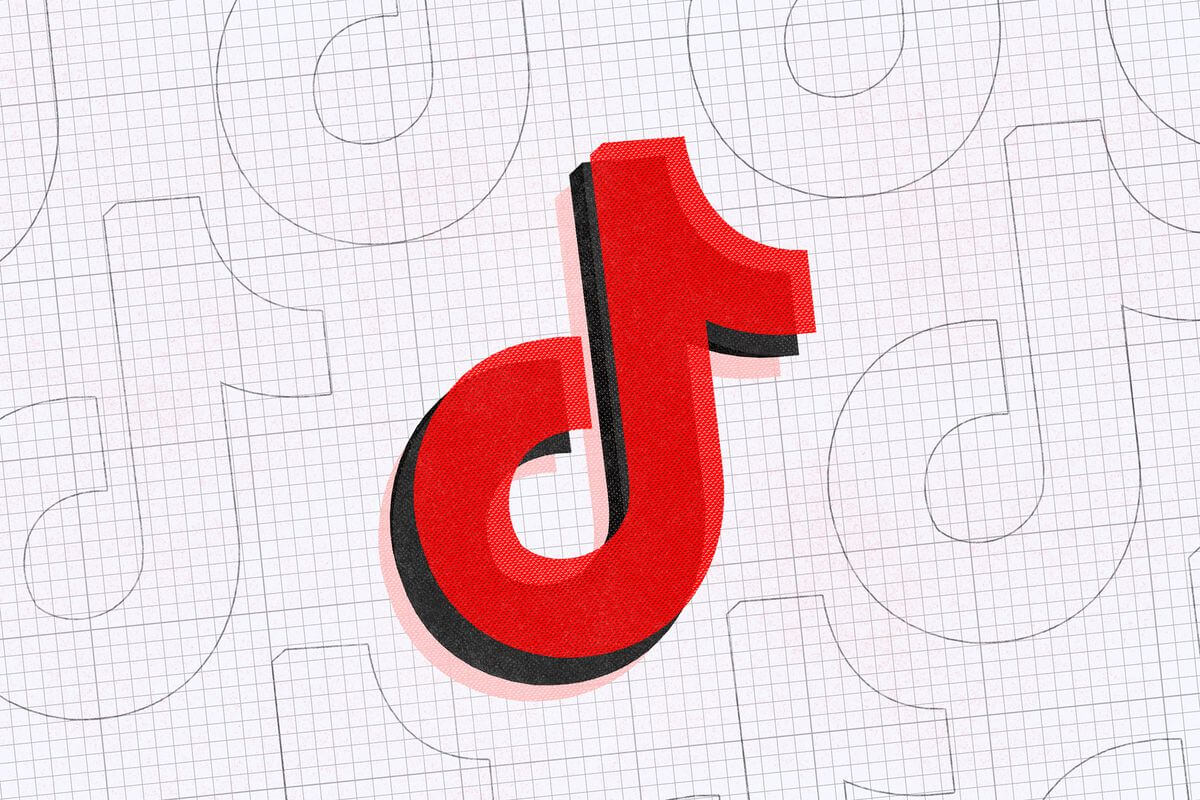Students who participate in track-related activities among grades 7-12 achieve substantially higher rankings on technology, math, and English checks in high faculty than non-musical classmates, in line with a new massive-scale examine. This studies by Peter Gouzouasis and colleagues on the University of British Columbia (UBC) worried a cohort of 112,916 public college college students in Canada. These findings (Guhn et al., 2019) had been published on June 24 within the Journal of Educational Psychology.
“Students who learned to play a musical instrument in simple and persevered playing in high faculty now not only score substantially higher however have been about one academic 12 months beforehand of their non-track peers with reference to their English, arithmetic and science abilties,” Gouzouasis stated in a statement. These examination-based totally records have been constant across the board, irrespective of socioeconomic heritage, gender, ethnicity, or prior gaining knowledge of in technology, math, and English.
The authors sum up the educational significance of these findings in their effect statement:
“This massive-scale examine recognized evidence of positive relationships between college song participation and excessive college examination ratings in English, arithmetic, and technology. The findings endorse that multiyear engagement in music, mainly instrumental tune, might also advantage excessive college instructional success. In light of this examine (the most important of its type to this point), as well as supporting evidence suggesting music mastering in adolescence may additionally foster talents (e.G., executive functioning) that help instructional success, educators may additionally bear in mind the capacity superb have an effect on of school track on students’ high school achievement.”
Interestingly, the researchers determined that the correlation among tune education and higher instructional success changed into maximum widespread for college students who practiced instrumental song. According to the authors, these findings advocate that the ability set required to grasp gambling a musical tool transfers to other forms of academic studying in high school.
““Learning to play a musical instrument and playing in an ensemble could be very worrying,” the have a look at’s co-investigator Martin Guhn said. “A pupil has to learn to examine music notation, develop eye-hand-thoughts coordination, increase eager listening talents, expand crew capabilities for gambling in an ensemble, and increase discipline to practice. All the ones getting to know reports, and extra, play a function in improving the learner’s cognitive capacities, government features, motivation to examine in faculty, and self-efficacy.” Guhn is an assistant professor in UBC’s school of populace and public health and Human Early Learning Partnership (HELP).
All too frequently, when policymakers and faculty administrators want to reduce budgets, the knee-jerk response is to position arts and music-associated courses on the slicing block. The researchers desire this large-scale take a look at will positioned the highlight at the price of song-related sports at a time while many school districts are laser-focused on improving numeracy/literacy and putting so-called “non-instructional” regions of mastering on the lower back burner.
“Often, assets for music schooling—such as the hiring of skilled, specialised music educators, and band and stringed contraptions—are cut or not available in standard and secondary schools in order that they could cognizance on math, technological know-how, and English,” Gouzouasis emphasized. “The irony is that track training—more than one years of great instrumental mastering and playing in a band or orchestra or singing in a choir at an advanced level—can be the very aspect that improves all-round instructional fulfillment and a perfect way to have college students study extra holistically in faculties.”








